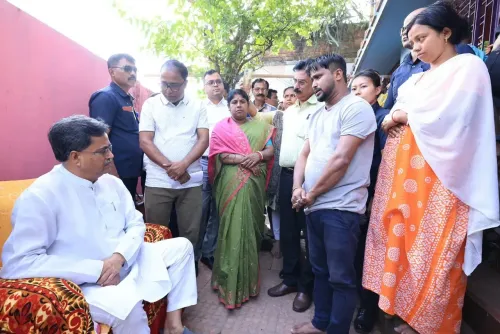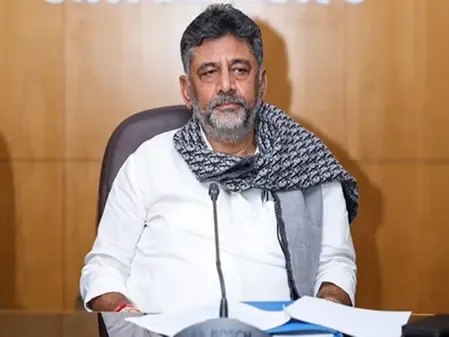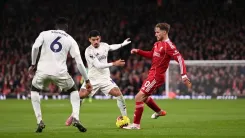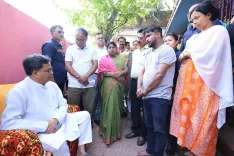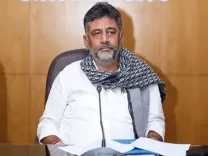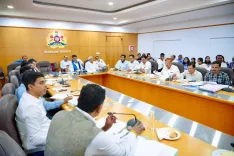Is the Government's Strategy Consistent? Owaisi Questions in LS Debate on Operation Sindoor
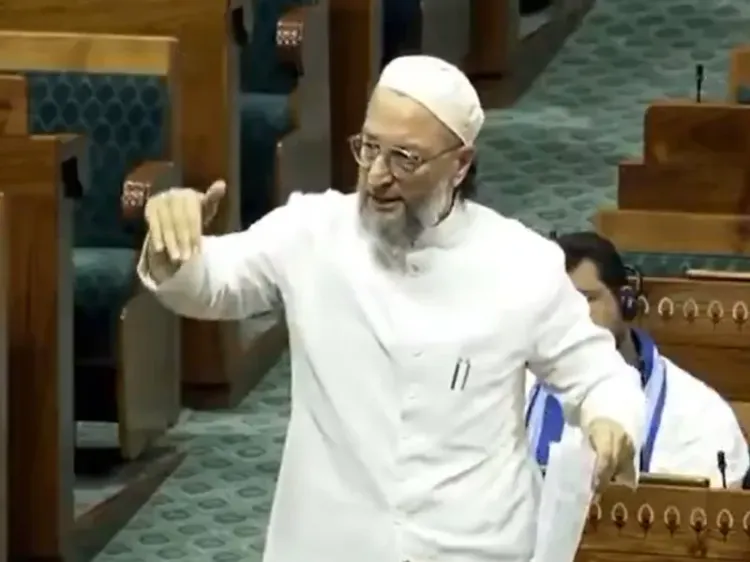
Synopsis
Key Takeaways
- Owaisi emphasized the need for strategic coherence in India's defense policy.
- He criticized selective nationalism concerning accolades for military actions.
- He called for accountability within the security establishment.
- He highlighted the need for autonomous decision-making in foreign policy.
- Owaisi urged for increased international pressure on Pakistan through FATF.
New Delhi, July 28 (NationPress) In a heated intervention during the Lok Sabha debate regarding Operation Sindoor, AIMIM leader Asaduddin Owaisi posed critical inquiries about the government’s strategic consistency, diplomatic approach, and symbolic communication following India’s retaliatory actions against Pakistan-based terrorist infrastructure.
Owaisi commenced his remarks by honoring the bravery of the Indian armed forces, emphasizing their courage and precision in response. However, he sharply rebuked what he termed the government’s selective nationalism, questioning why accolades for Indian pilots were absent while foreign leaders, including the US President, were permitted to define the ceasefire narrative.
“A white man sitting in the White House announces ceasefire—this is your nationalism?” Owaisi posed, asserting that India is a sovereign nation and should not permit foreign entities to dictate its strategic choices.
He scrutinized the government’s decision to maintain sporting ties with Pakistan, particularly in cricket, despite its asserted stance that “blood and water cannot flow together.”
Owaisi contended that if trade and border movements were halted, then cultural and sporting interactions should also cease.
“On what basis will you engage in cricket with them?” he questioned, branding it a contradiction that undermines the credibility of India’s counter-terrorism efforts.
The AIMIM chief also expressed concerns regarding accountability within the security framework, suggesting that if failures arise at the LG, intelligence, or police level, appropriate actions must ensue. He questioned the government’s silence concerning whether China had supplied arms to Pakistan and why no diplomatic protest had been initiated.
Owaisi referenced historical figures such as Tito and Charles de Gaulle to illustrate that sovereign nations must act autonomously, and recalled former Prime Minister IK Gujral’s refusal to compromise on national security despite being labeled weak.
He sought clarity on defense procurement, asking if France had held back source codes for fighter jets, while noting that India operates only 29 functional squadrons against a sanctioned 42, while Pakistan has 25 and China boasts over 50 squadrons and a more advanced submarine fleet. He urged the government to advocate for intensified international pressure on Pakistan through avenues like FATF (Financial Action Task Force).
In a stirring conclusion, Owaisi quoted revolutionary Ashfaqulla Khan—“Apne haathon se sir katana hai”—to emphasize the necessity for self-sufficient and steadfast national defense.
The speech wrapped up with a provocative question—did China request us to opt for a ceasefire? He called for the depoliticization of national security and foreign policy, warning that inconsistencies in messaging and actions could erode public trust and strategic credibility.

